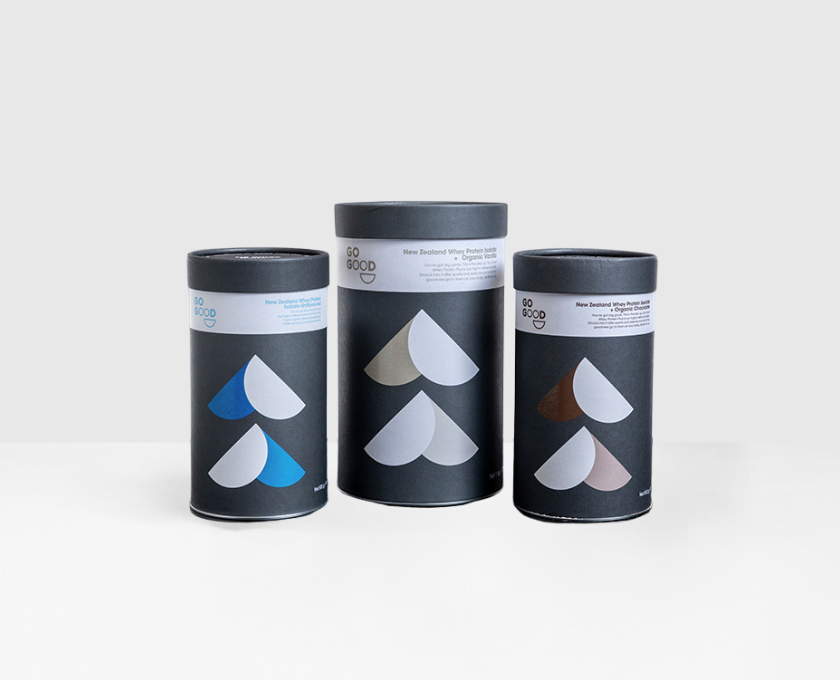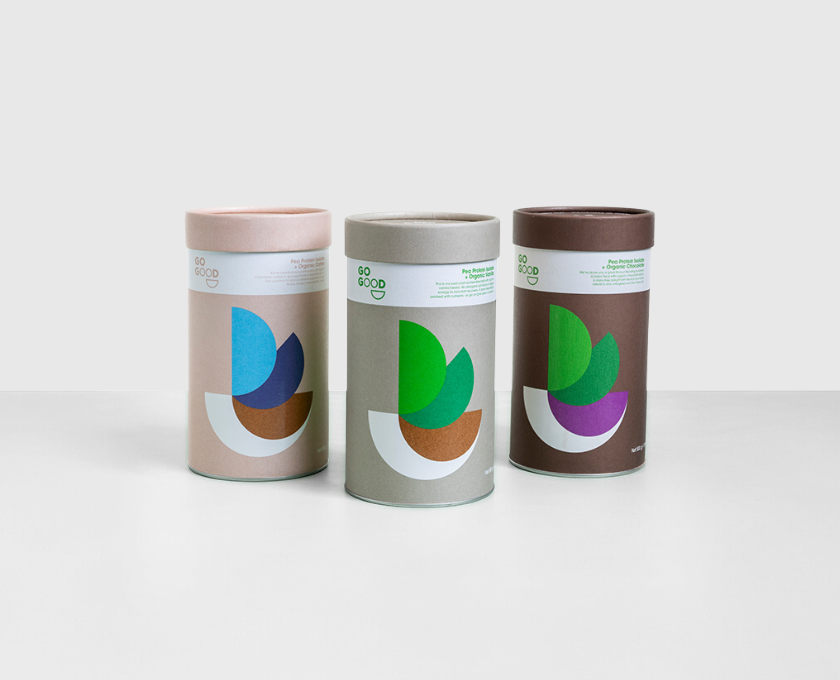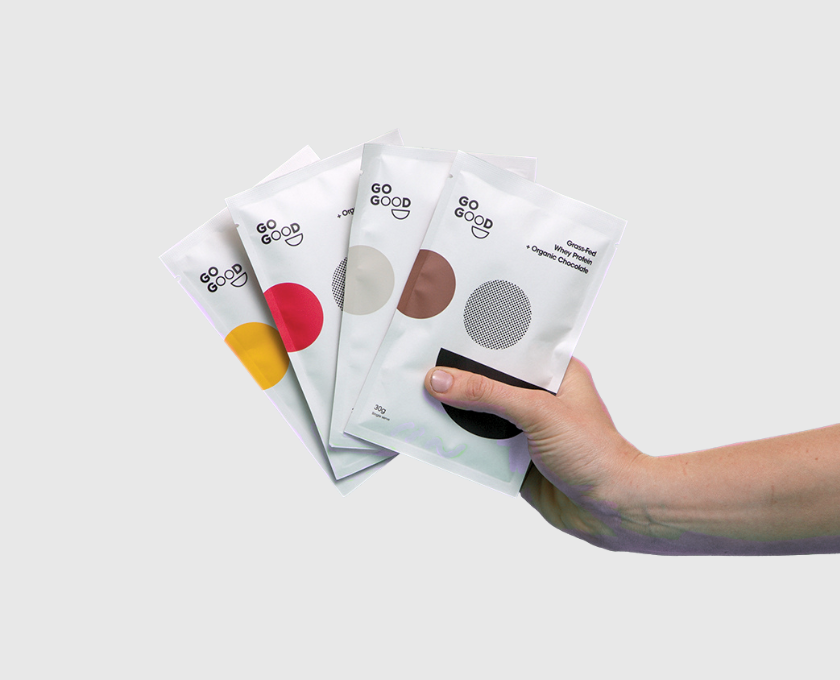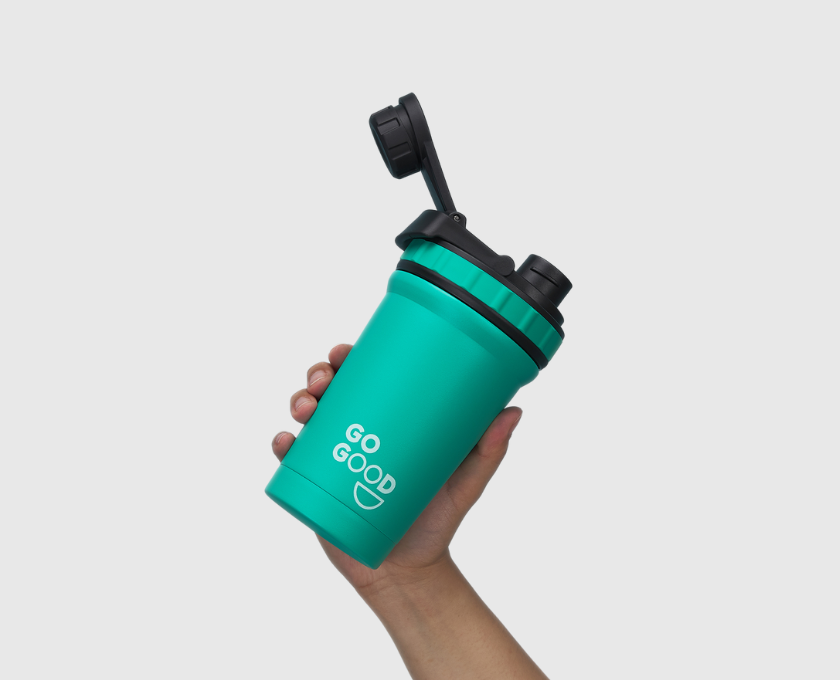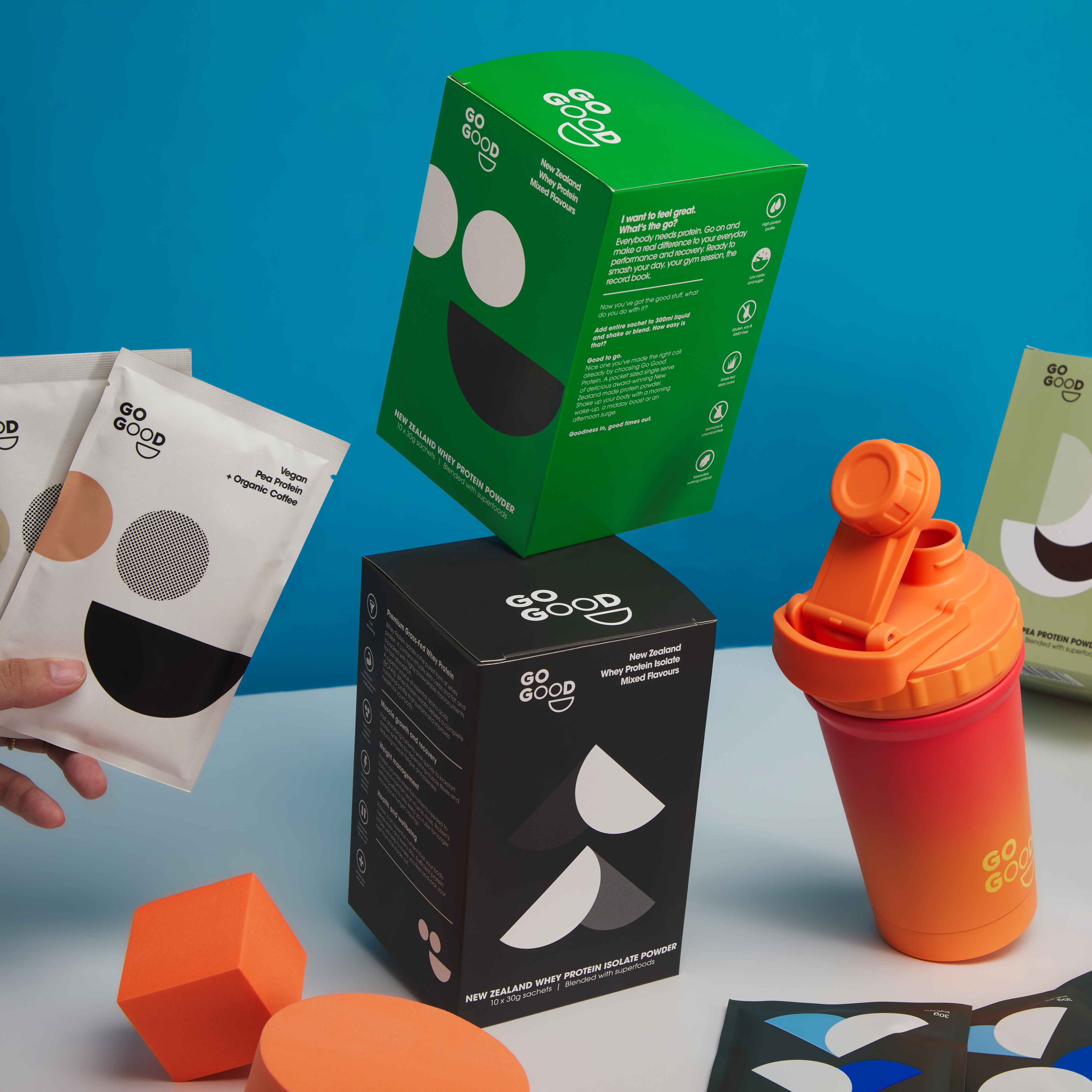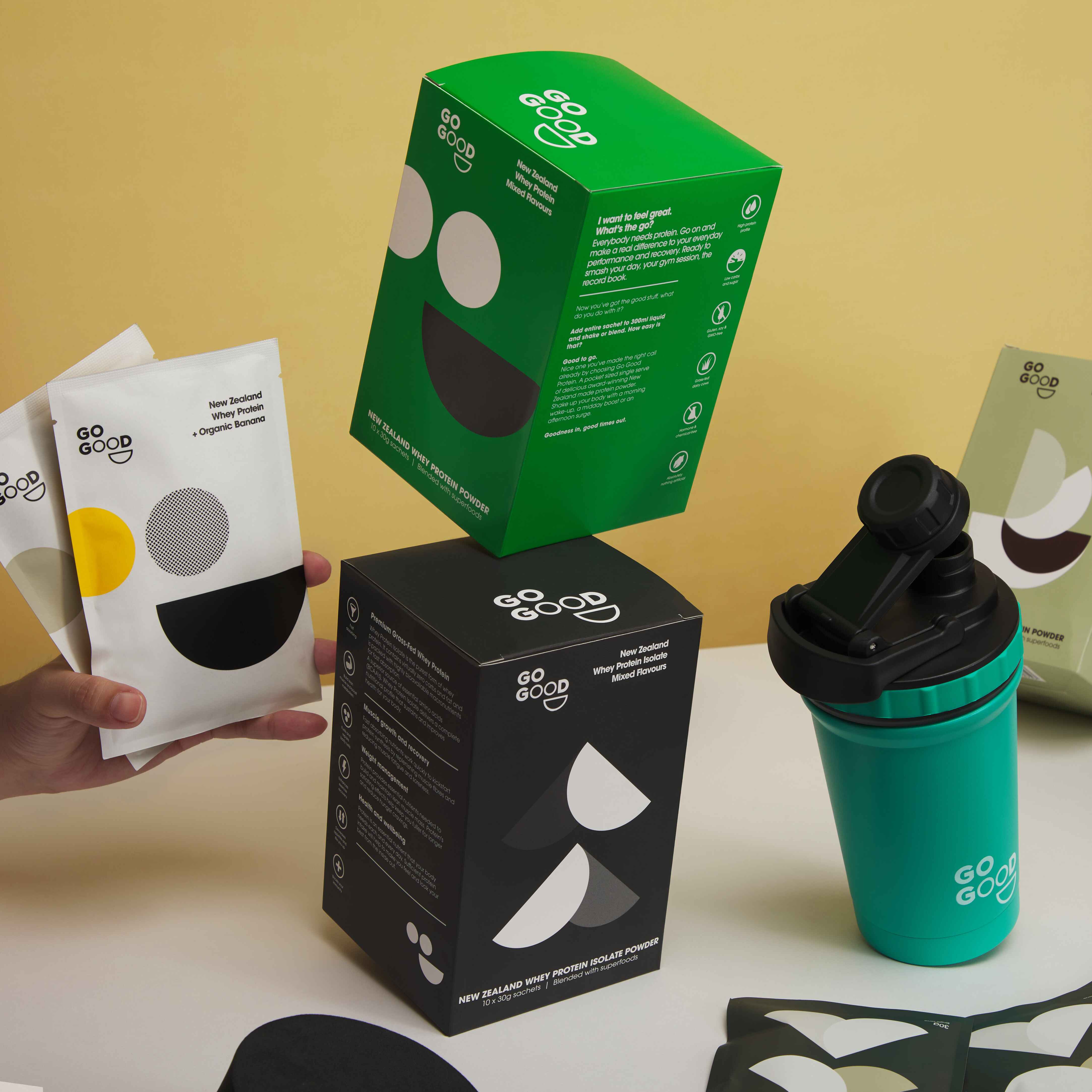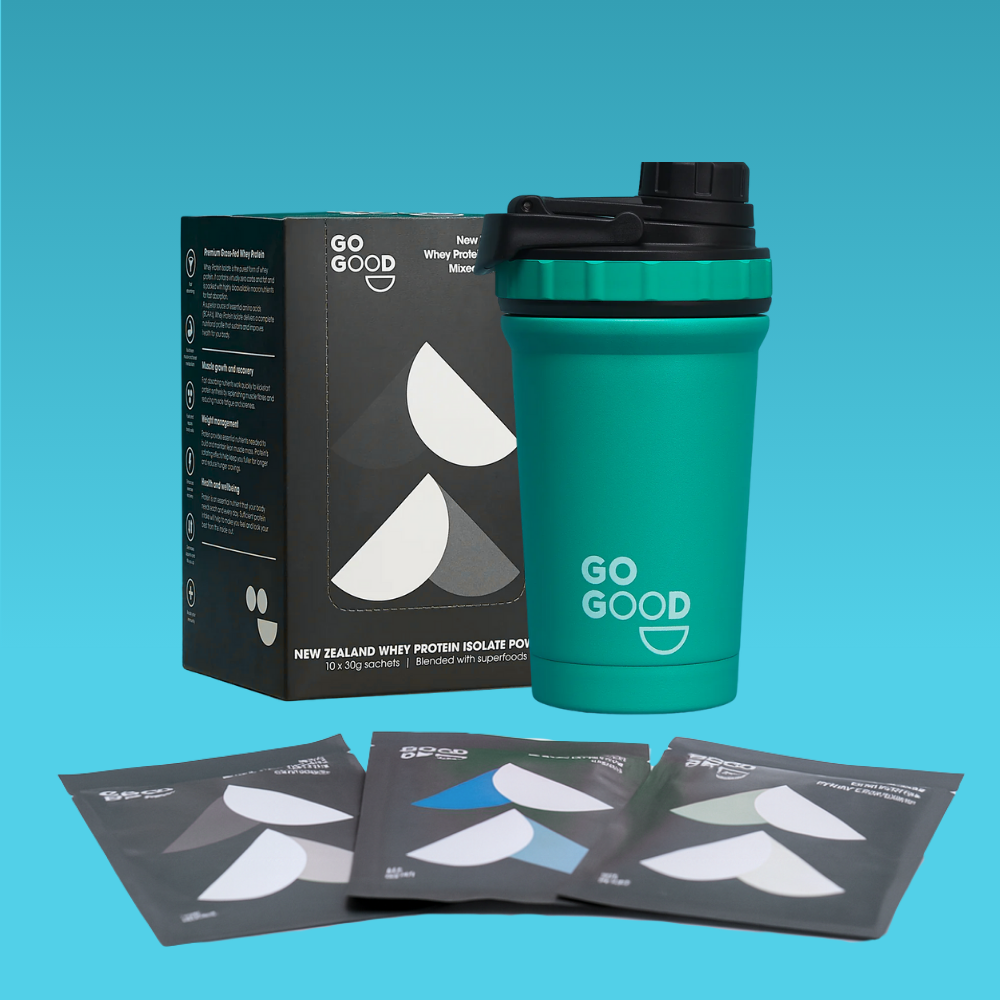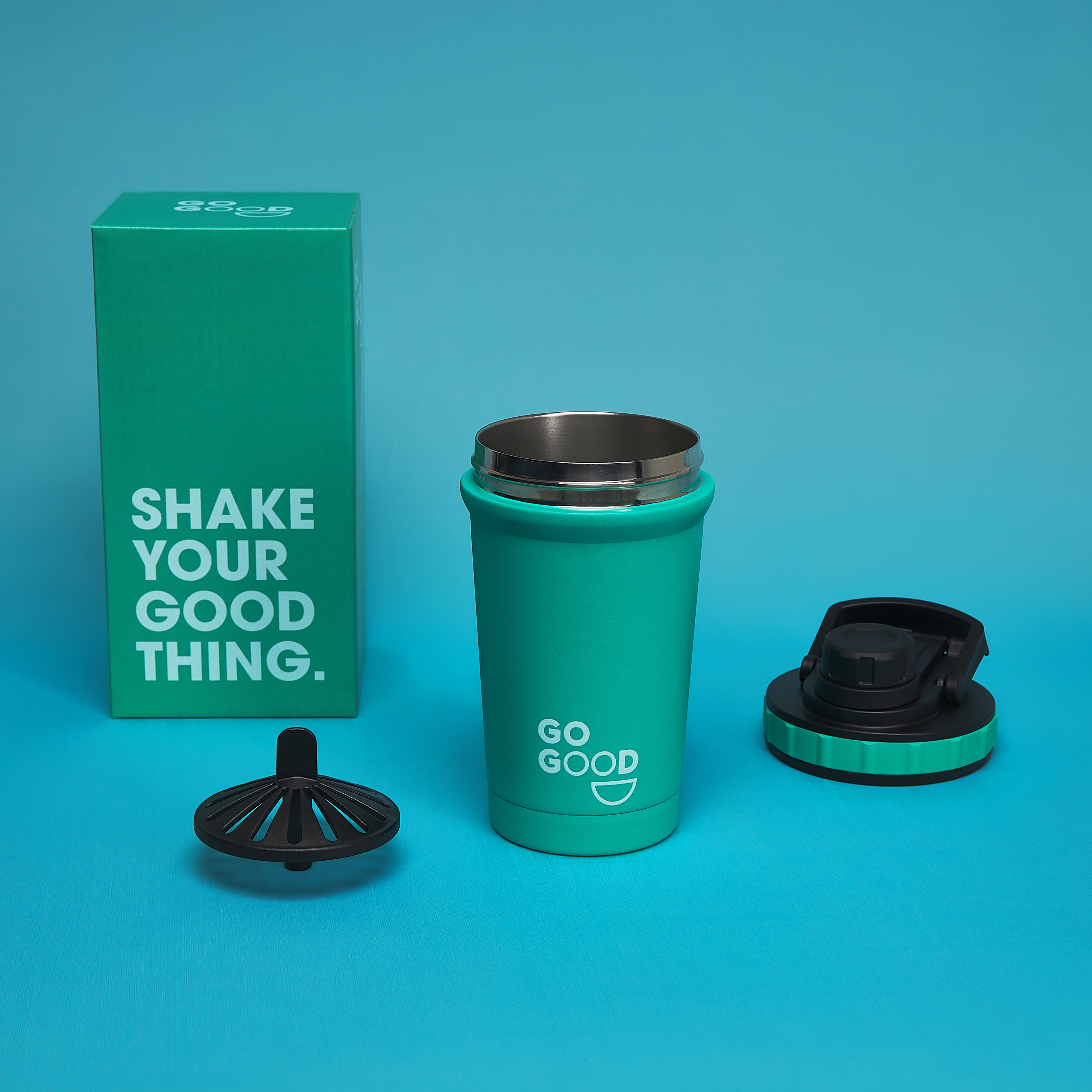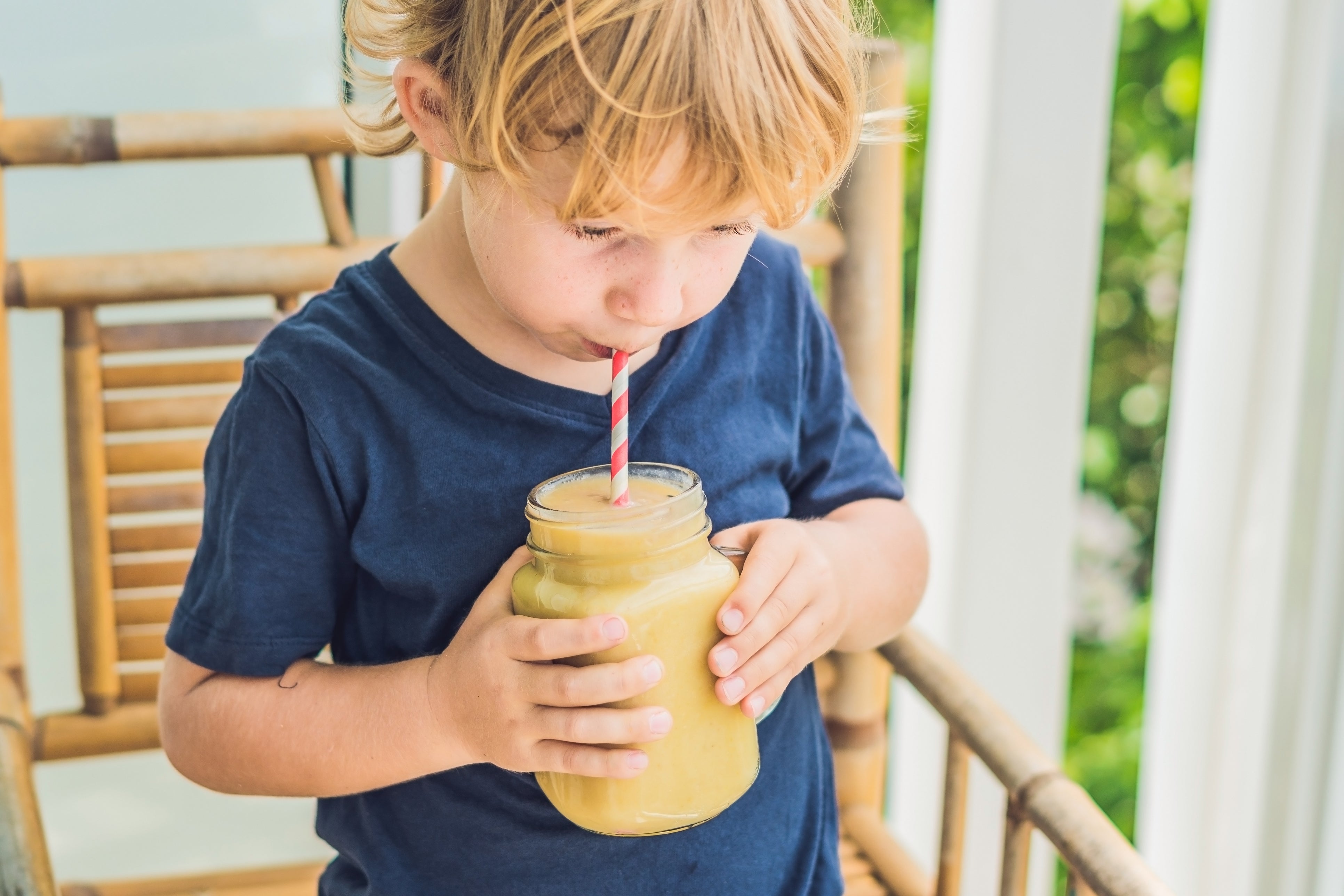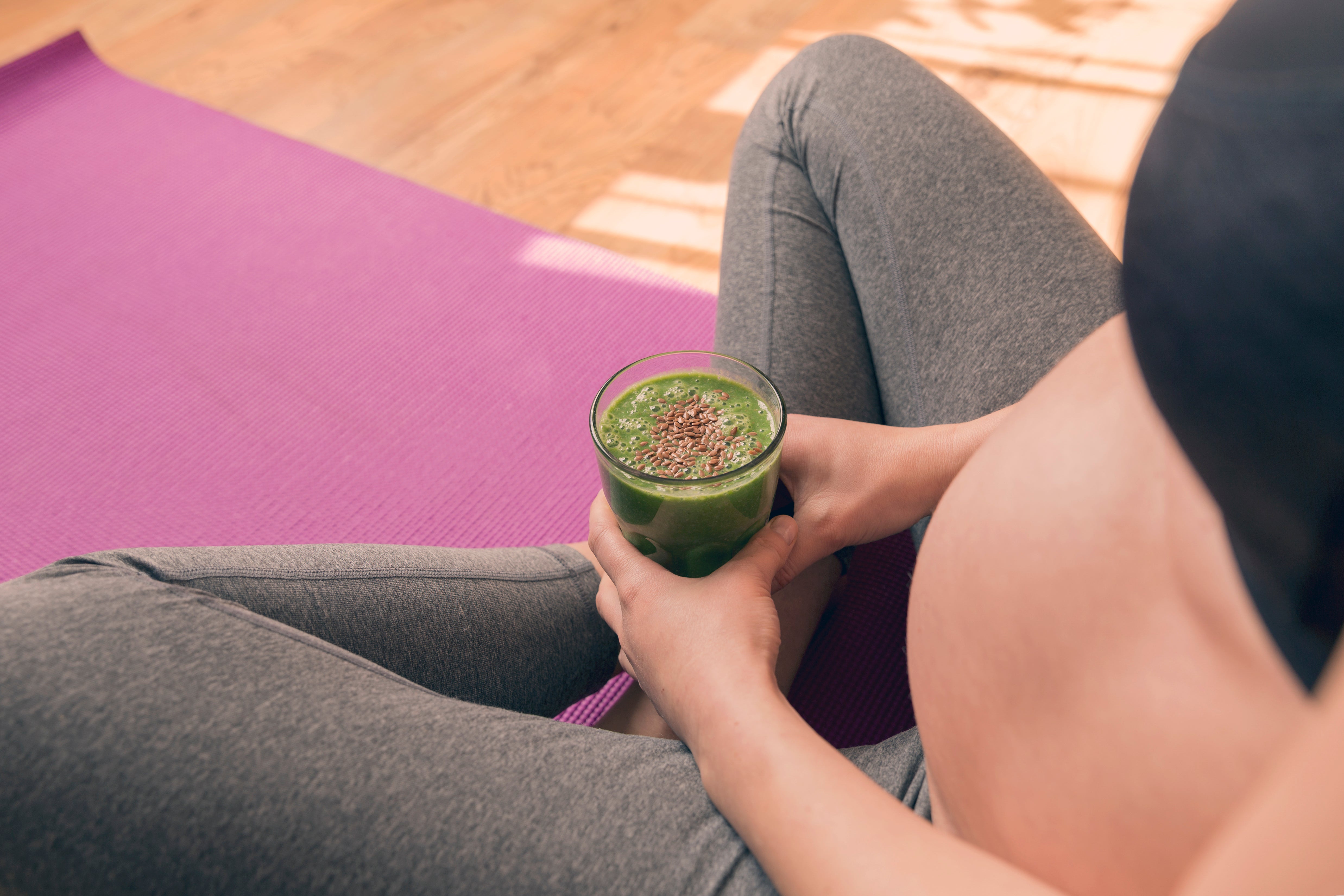Go Good, I’ve Had My Baby!
We hope everything went normally and your baby is perfectly healthy. Well done for ensuring your nutritional needs were met during the pregnancy!
Although your life is likely to get even more hectic from here on out, we’d like to highlight your nutritional needs, especially your protein intake, as something still worth staying on top of.
Why Do I Still Need To Focus On My Protein Intake?
For Breastfeeding
Well, if you’re like most new mothers, you’re likely to be breastfeeding for some time (CDC, 2018).
Breast milk is ideal nutrition for your baby and is an excellent means to promote your baby’s health, growth and development. It’s recommended that infants are fed exclusively on breast milk for the first six months of their lives (WHO, 2012). Recently, studies have even shown that breast milk can mitigate late-onset metabolism issues such as childhood obesity and Type 2 diabetes, (Savino et al, 2013). Additionally, breast milk has also been shown to support infants in the development of their gastrointestinal tract, immune system and brain development.
Human breast milk is a pretty incredible thing! It’s made up of 87% water, 7% lactose, 3.8% fat and 1% protein. There are two kinds of protein in breastmilk: casein and whey. Whey is much easier to digest than casein and makes up 50% to 80% of the protein in breastmilk (Guo, 2014).

While breastfeeding, however, you still need to be aware that your diet is feeding two! A healthy diet with adequate calories promotes quality milk production while simultaneously boosting your own energy levels.
While you had to watch your food choices closely during pregnancy, breastfeeding allows for a larger range of foods and fewer restrictions. An important part of that healthy diet will be protein. It’s going to be providing your baby with the means to build, repair and maintain its muscles, connective tissue, skin and organs.
Therefore, consuming adequate amounts of protein while lactating is incredibly important – your body will use the protein to produce breast milk and sustain your growing baby. Studies have shown a positive correlation between increased protein intake and milk volume. For a small group of women, milk production increased when the protein intake of 50g per day was increased to about 100g per day. (NCBI, 1991).
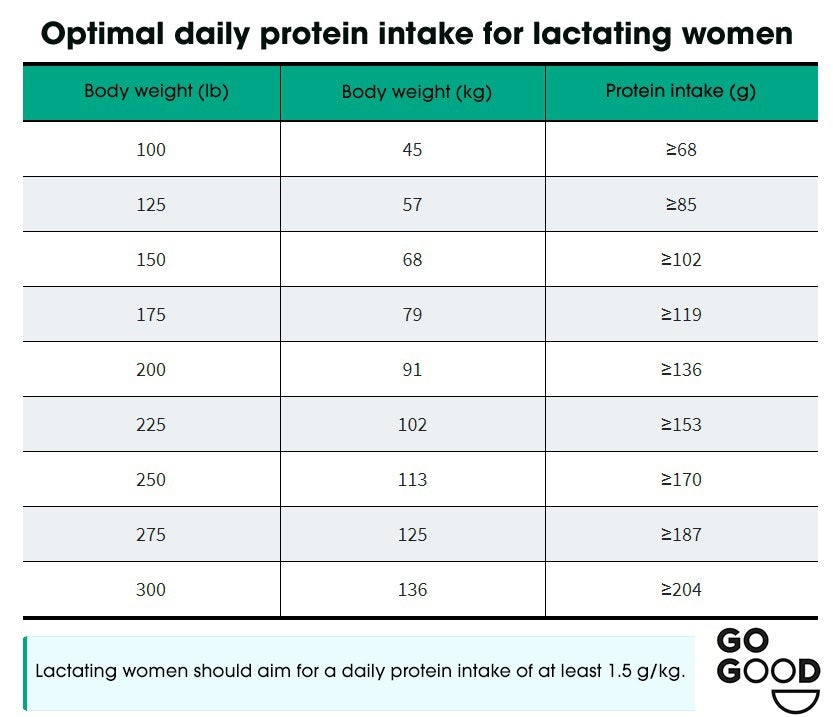
In addition to this, if you have any baby weight lingering, a diet that’s high in protein can actually help you to lose some weight while still supplying you with optimal nutrition for your baby. It’s recommended that you decrease your fat intake and increase your protein intake while breastfeeding to help curb appetite and drop those pesky pounds (Lovelady et al, 2000) To be on the safe side, we’d recommend increasing your protein intake by roughly 25 grams per day when breastfeeding (Kominiarek, 2017).
For Post-Partum Recovery
Pregnancy takes an enormous toll on your body and recovery is a slow, delicate process that takes sustained intention and support.
The usual mainstream messages of “Bounce back quickly!” and “Lose the baby weight fast!” are often in stark contrast to the reality of post-partum recovery. In fact, there’s so much more that your body has to go through during the recovery phase, beyond simply ‘losing weight’. Instead, the recovery phase should not be focused on solely weight loss, but rather giving the body the optimal nutrition needed to heal completely and support your mental health and wellness.
Protein will be very important during this phase. It’s going to be used by your body for rebuilding tissues and muscles inside the body.

Generally, most new mothers aren’t going to be getting their usual exercise into their daily routine. When this happens, your body is more likely to get rid of any excess muscle mass it’s carrying. This results in your metabolic rate decreasing (the amount of calories your body burns in a day). To prevent this, keep your protein intake high!
Also, hunger is a big deal during breastfeeding, and that hunger can often lead to sugar cravings. Sugar cravings that will lead to post-partum weight gain, inhibiting your recovery. Instead, focus on protein.
Protein is satiating. If you eat enough of it, you should be left feeling full, with little cravings. That’s going to stop you snacking on junk food and speed you through your post-partum recovery!
New to Go Good?
Receive 15% OFF your first order with code BABY at the checkout. International shipping available on all orders. Free shipping in NZ on orders over $99. Shop now!
REFERENCES
- CDC releases 2018 breastfeeding report card. (2019, April 10). Centers for Disease Control and Prevention.
- Lovelady CA, et al. The effect of weight loss in overweight, lactating women on the growth of their infants. N Engl J Med2000 Feb 17;342(7):449-53.
- Kominiarek, M. A., & Rajan, P. (2016). Nutrition Recommendations in Pregnancy and Lactation. The Medical clinics of North America, 100(6), 1199–1215. https://doi.org/10.1016/j.mcna.2016.06.004
- Infant and Young Child Nutrition. [(accessed on 14 November 2012)]. Available online:http://apps.who.int/gb/archive/pdf_files/WHA55/ea5515.pdf.
- Savino F., Bebetti S., Lignori SA, Sorrento M., Cordero D., Montezemolo L. Advances on human milk hormones and protection against obesity. Mol. Biol. 2013;59: 89-98. [PubMed]
- Guo M. Manufacturing Technology.Elsevier; Cambridge, UK: 2014. Human Milk Biochemistry
and Infant Formula.



